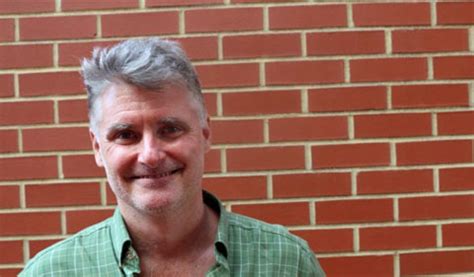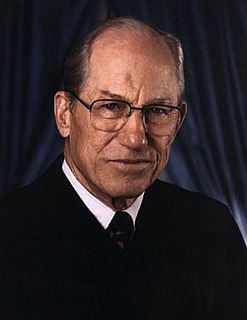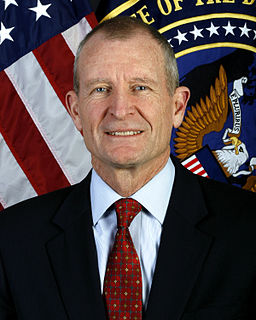A Quote by Anthony Daniels
In a democratic age, only the behavior of the authorities is subject to public criticism; that of the people themselves, never.
Quote Topics
Related Quotes
A democratic public forms when citizens gather together to deliberate and make public judgments about local and national issues that affect their lives. By associating together for public discussion, citizens learn the skills necessary for the health of a democratic public; listening persuading, arguing, compromising, and seeking common ground. When these skills are nurtured within the institutions of a democratic public, citizens educate themselves in order to make informed political decisions.
The bourgeois public sphere may be conceived above all as the sphere of private people come together as a public; they soon claimed the public sphere regulated from above against the public authorities themselves, to engage them in a debate over the general rules governing relations in the basically privatized but publicly relevant sphere of commodity exchange and social labor.
Diet, injections, and injunctions will combine, from a very early age, to produce the sort of character and the sort of beliefs that the authorities consider desirable, and any serious criticism of the powers that be will become psychologically impossible. Even if all are miserable, all will believe themselves happy, because the government will tell them that they are so.
All officers of the Intelligence Community, and especially its most senior officer, must conduct themselves in a manner that earns and retains the public trust. The American people are uncomfortable with government activities that do not take place in the open, subject to public scrutiny and review.
Spiritual science attempts to speak about non-sensory things in the same way that the natural sciences speak about sense-perceptible things...No one can ever deny others the right to ignore the supersensible, but there is never any legitimate reason for people to declare themselves authorities, not only on what they themselves are capable of knowing, but also on what they suppose cannot be known by any other human being.
People who thought that she was busy going around trying to stir up difficulty where there was none or less than she imagined, were quite critical of her. She was, we must never forget, a public figure. And in democracies, public figures tend to attract criticism as well as praise. The most dangerous thing would be if anybody were regarded as above criticism. And Eleanor Roosevelt is, in recent years, getting there.
I think she [Eleanor Roosevelt] never was called because she probably didn't know an awful lot. The whole burden of the criticism of her on the subject of Communism is naiveté, not participation. And again, being a public figure and our representative at the UN, there was nothing Communist about her, certainly.



































